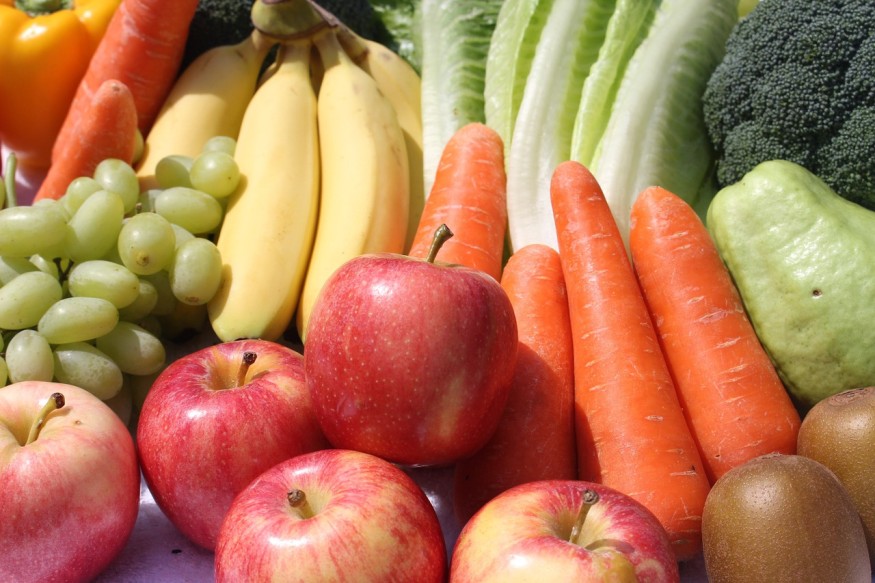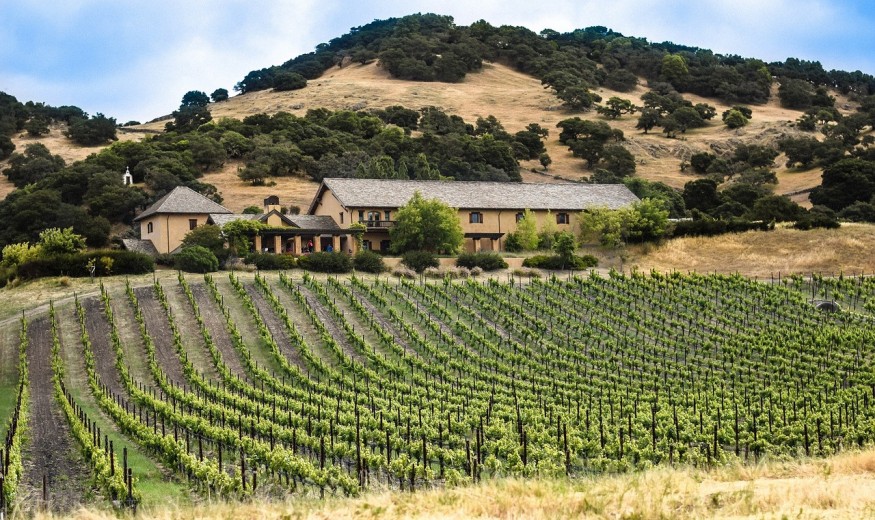A new agriculture study by Lawrence Berkeley National Laboratory or Berkeley Lab found that mid-21st century temperatures in California will be ideal for some crops but will be too hot for others.

The Research
The scientists determined that by 2045 to 2049, roughly the middle of the century, the ambient temperatures will mostly affect the season and not the location when cool-season crops, such as lettuce and broccoli, can be grown. Meanwhile, the reverse is true for warm-season crops: carrots, tomatoes, and cantaloupe, which will be impacted according to the location produced instead of the season.
In the study, which was recently published in Science of the Total Environment, computer models were paired with ideal and historic temperatures needed by five essential crops in California.
Food security for California and the entire US can be ensured if we can predict the scenario for the future, according to Alison Marklein, the lead study author. She says reliable information is needed regarding future climate conditions and how these will affect crops so that we can develop the proper response.
When crops are no longer viable in the areas they are currently grown in, it will be an economical and practical problem for farmers who will need to move or start growing another crop.
The Methodology of the Study
The study involved selecting five annually-produced crops in the state. The authors used broccoli, lettuce, carrots, cantaloupe, and tomatoes.
These crops contributed to 64% of California's cash value for melon and vegetable crops last 2016. They are essential to the country's food security and are among the crucial plants donated to most California food banks.
Afterward, 15 years' worth of data on air temperature starting from 1990 were gathered, along with crop temperature thresholds. The latter are the minimum and maximum air temperatures needed by crops to thrive. In addition, seven years of data on growing locations were also obtained. Information was also acquired for the crops' optimal growing duration.

The team then determined the effects of higher temperatures on crops in historically grown locations, then identified the possibility of expanding them to places with an ideal temperature. The temperature threshold of the plant was matched with these data. The team also examined areas that the crops have not been previously grown or not utilized for agricultural activities. The team then calculated the usability of these lands vis-à-vis the predicted future temperatures.
Results of the Study
The team concluded that according to predicted future temperatures, shifting the growing season for cool-season crops and shifting the locations for warm-season plants will allow them to be still grown in California.
Marklein said that cool-season crops could have their growing seasons extended. Meanwhile, warm-season plants can be moved to milder climates ideal for them. The team also suggested that irrigation can reduce the negative consequences of the increased heat in the mid-century.
Marklein and the Berkeley Lab team said that their study is the first step towards anticipating mid-21st century temperatures and climate conditions. So, prioritizing resources for agriculture such as water and cropland, is critical to maximizing future food security and productivity, primarily because areas such as California feed the country.
Check out for more news and information on Soil Conservation on Nature World News.
© 2026 NatureWorldNews.com All rights reserved. Do not reproduce without permission.





